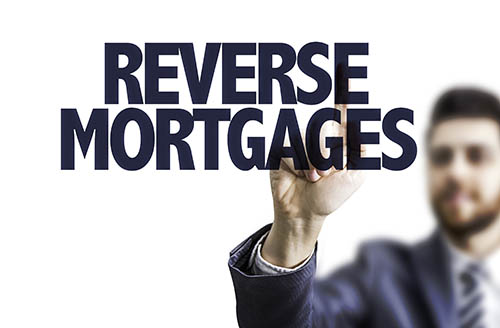
Imagine the bank depositing monthly checks into your account instead of you writing a mortgage check. That is one way a reverse mortgage can work.
Traditional mortgages involve people paying down the interest and principal on a home loan. The goal is generally to pay off the property and enjoy retirement without that monthly installment. A home that has been paid off means that those previously allotted finances can be used to relax and enjoy your retirement to the fullest. That is a best-case scenario!
 In short, a reverse mortgage is a type of home loan secured by a primary residence, where repayment is deferred to a later date – generally when the home sells. If you are 62 or older and you want money to pay off your mortgage, supplement your income, or pay for healthcare expenses, for example, you may consider a reverse mortgage. This loan allows you to convert some of the equity in your home without having to sell your home.
In short, a reverse mortgage is a type of home loan secured by a primary residence, where repayment is deferred to a later date – generally when the home sells. If you are 62 or older and you want money to pay off your mortgage, supplement your income, or pay for healthcare expenses, for example, you may consider a reverse mortgage. This loan allows you to convert some of the equity in your home without having to sell your home.

